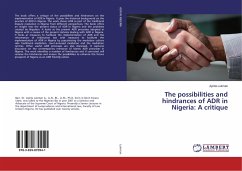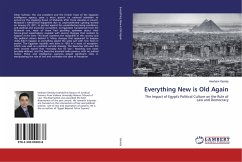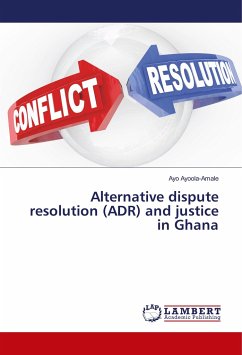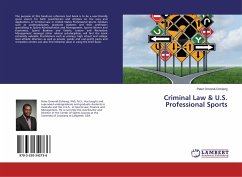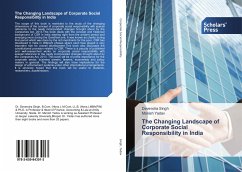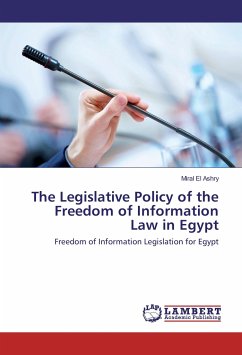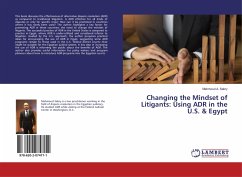
Changing the Mindset of Litigants: Using ADR in the U.S. & Egypt
Versandkostenfrei!
Versandfertig in 6-10 Tagen
16,99 €
inkl. MwSt.

PAYBACK Punkte
8 °P sammeln!
This book discusses the effectiveness of alternative dispute resolution (ADR) as compared to traditional litigation. Is ADR effective for all kinds of disputes or only for specific ones? How can it be promoted in countries where it has rarely been used? The author highlights a key factor for promoting ADR in these countries: the need to change the mindset of litigants. The successful practice of ADR in the United States is compared to practice in Egypt, where ADR is under-utilized and considered inferior to litigation. Guided by the U.S. approach, the author proposes practical ideas for encour...
This book discusses the effectiveness of alternative dispute resolution (ADR) as compared to traditional litigation. Is ADR effective for all kinds of disputes or only for specific ones? How can it be promoted in countries where it has rarely been used? The author highlights a key factor for promoting ADR in these countries: the need to change the mindset of litigants. The successful practice of ADR in the United States is compared to practice in Egypt, where ADR is under-utilized and considered inferior to litigation. Guided by the U.S. approach, the author proposes practical ideas for encouraging the use of ADR in Egypt, suggesting some ADR programs-similar to those used in the U.S. federal district courts-that might be suitable for the Egyptian judicial system. A key step in increasing the use of ADR is informing the public about the benefits of ADR. The author also provides useful information for policy makers and program planners about how to introduce ADR programs into the Egyptian courts.





